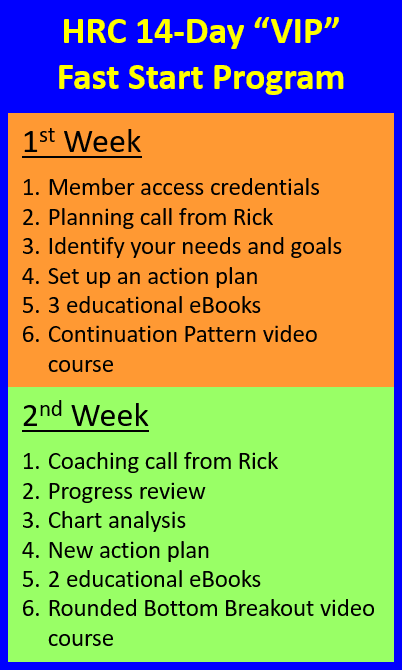The Indexes whipsawed on Friday began with a bit of bullish hope on the better-than-expected Core PCE reading but that hope quickly faded on a failed vote budget vote in the house. However, with 3 hours to spare Congress passed a 45-day extension kicking the problem down the road to provide the market with more uncertainty during the 4th quarter earnings season. Today we have PMI, ISM, and Construction Spending figures to inspire the bulls and bears. Plan for price action to remain challenging with a big week of job numbers while waiting for the big bank reports to kick off 4th quarter earnings silly season.
Asian markets trade mixed after China reported an improvement in factory activity surging Hong Kong higher by 2.51%. However, eurozone manufacturing continued to decline bringing in modest selling across European indexes to begin the week. With U.S. manufacturing numbers pending U.S. futures work to recover some early loss as they chop around the flatline while relieved over no government shutdown, at least for now.
Economic Calendar


Earnings Calendar

There are no notable earnings reports to begin the first trading day of the 4th quarter.
News & Technicals’
Bill Ackman, the billionaire investor and founder of Pershing Square Capital Management, has expressed his interest in doing a deal with X, the social media platform formerly known as Twitter. Ackman’s new investment vehicle called a SPARC, or special purpose acquisition rights company, received approval from the Securities and Exchange Commission (SEC) on Friday. A SPARC is a type of blank-check company that allows investors to buy shares in a future merger or acquisition deal, without knowing the target company in advance. Ackman told The Wall Street Journal that he would “absolutely” do a deal with X if the opportunity arises. Ackman is an active user of X, where he posts about various topics, such as his support for the presidential candidates Vivek Ramaswamy and Robert Francis Kennedy Jr. Ramaswamy is a former biotech executive and author of the book Woke, Inc., while Kennedy is an environmental lawyer and activist. Ackman said he admires both candidates for their courage and integrity.
China, the world’s largest consumer of many commodities, has been showing a strong appetite for various raw materials, despite the slowdown in its overall economic growth. Goldman Sachs, a global investment bank, said in a recent note that China’s demand for commodities such as iron ore, copper, aluminum, oil, and gas has been growing at “robust rates” in the past few months. The bank attributed this to several factors, such as the recovery of industrial activity, the expansion of infrastructure spending, the resilience of the property sector, and the diversification of energy sources. The bank also said that China’s demand for commodities is likely to remain high in the near term, as the country faces supply constraints and environmental challenges. However, the bank also warned that China’s demand for commodities could moderate in the longer term, as the country shifts to a more consumption-driven and low-carbon economy.

The World Bank, an international financial institution that provides loans and grants to developing countries, has lowered its growth forecast for developing East Asia and the Pacific for this year and the next. The region, which includes countries such as China, Indonesia, Thailand, and Vietnam, is expected to grow by 5% in 2023, down from the previous estimate of 5.1%. The growth projection for 2024 has also been revised down from 4.8% to 4.5%. The World Bank said that the region’s growth prospects are facing several risks, such as the uncertainty of the pandemic, the uneven recovery of global trade and investment, and the rising debt levels of governments, corporations, and households. The World Bank urged the countries in the region to adopt prudent fiscal and monetary policies, strengthen their health systems and social protection, and promote green and inclusive growth.
Equity markets began Friday with a nice gap up reacting to the Core PCE numbers but, after a failed vote to prevent a government shutdown indexs whipsawed finishing the day lower with uncertainty. The S&P 500 lost about 4.8% in September and about 6.4% since its peak on July 31. The Nasdaq suffered more losses, falling by 5.5% in September and by 7.5% since July 31. The bond market was stable on Friday, with the 10-year Treasury yield at 4.58%, close to its highest level in the cycle. The bond yields have risen sharply in September, by nearly 0.5% for the 10-year bond, affecting both stock and bond returns. Today traders have PMI, ISM, and Construction Spending along with some short-term bond auctions to deal with as we kick off the first trading day of the 4th quarter. A relief rally is overdue but expect the price action to remain challenging as we wait for the beginning of the earnings session. Though the government avoided a shutting down we will be dealing with this uncertainty again having kicked the can down the road for 45 days. Price action is likely to remain challenging so pan your risk carefully.
Trade Wisely,
Doug








Comments are closed.